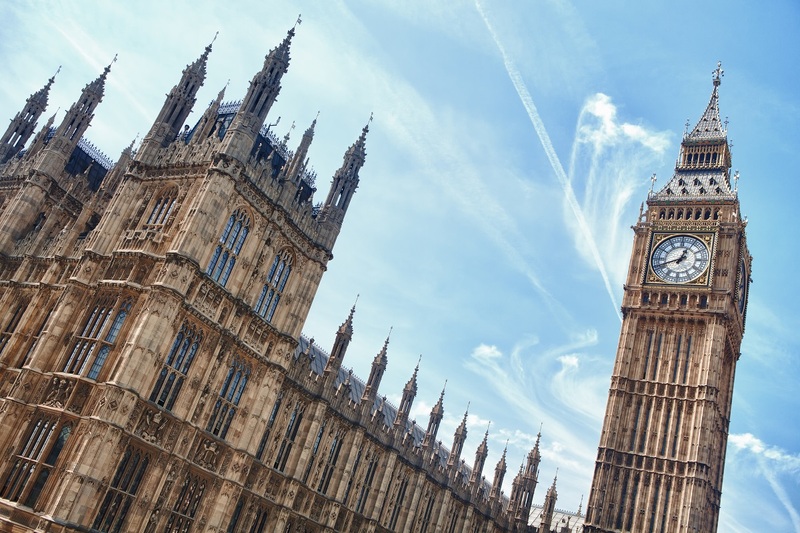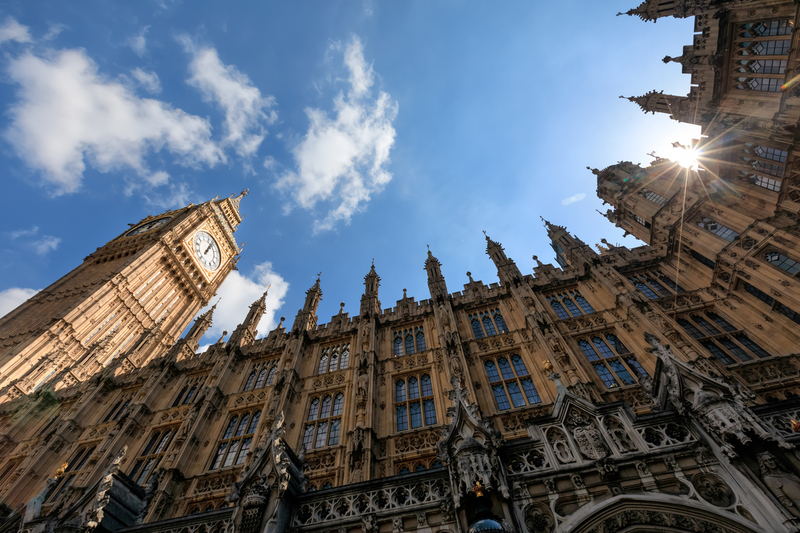Dear visitor,
You're reading 1 of your 3 free news articles this quarter
Register with us for free to get unlimited news, dedicated newsletters, and access to 5 exclusive Premium articles designed to help you stay in the know.
Join the UK's leading credit and lending community in less than 60 seconds.
Opinion: Breathing space is a pause, not a solution
Once breathing space takes effect it should be used selectively and not just as a tool for delay, writes Deborah Ware, chief operating officer at Financial Wellness Group - the debt solutions provider.
We are now just a few weeks from the launch of the Debt Respite Scheme in England and Wales – more commonly known as breathing space - but how is it going to support people who find themselves in financial difficulty?
Breathing space is designed to give consumers time to sort out their finances and will give them protection from their creditors whilst they do so. For the period of the breathing space (usually 60 days) creditors should not contact their customer, take any enforcement action or apply further interest and charges.
This will be particularly relevant for consumers with non-consumer credit debts, such as council tax and other central and local government debts, where creditors have historically been less likely to pause action when somebody takes debt advice.
For all the benefits of breathing space what is less clear, however, is how many consumers will actually need to make use of it.
We’ve been offering customers access to an informal version of breathing space since May last year. Where customers have been unable to complete debt advice and receive a solution recommendation – perhaps because their circumstances are changing due to the pandemic – we’ve been asking their creditors to provide them 90 days’ forbearance.
During this time the majority of creditors have agreed to take no further enforcement action and to freeze interest and charges. In our experience only 3.5% of customers have needed to take this option.
We all know that early intervention is key when it comes to debt advice. People tend to wait too long before taking advice which means that there is the potential for more payments to have been missed, further interest and charges to accrue and for the worry to impact on people’s mental health. If breathing space encourages people to take advice earlier this would be a real win.
However, when people do take advice, breathing space itself shouldn’t be used to create further delays. By doing so, it could serve to extend the period of worry and uncertainty: a debt solution provides a positive way forward and a plan that will start customers on the journey back to financial wellbeing.
For example, customers that start an insolvency solution – such as a DRO or an IVA – will have a date for when they should be free of the debts included in the solution. And those that will be paying into their solution will be able to maintain the discipline of making regular payments.
Breathing space is not a destination, it doesn’t give people struggling with problem debt a route out. It is, by definition, a ‘pause’ which will enable people to get their affairs in order. They could, for example, be waiting to hear if they have secured that job or for the Department of Work and Pensions to confirm their benefit entitlement.
For those who are able to complete the debt advice process and where a debt solution is available, the option should be presented to a customer immediately. The regulations make it clear that breathing space might not be appropriate for someone who can “enter a more suitable debt solution straight away, without needing the protections.”
Advice providers should ensure that it is implemented to support customer needs and not to mask capacity issues or delays.
From April, no new Covid-19 payment breaks will be available and those that are in place must end by 31st July. Customers who have taken payment breaks from their lenders may seek breathing space as that forbearance drops away. No doubt, some of these customers will be able to afford to resume their contractual payments (perhaps with some budgeting support) and won’t need any additional time.
Equally, there will be customers on a payment break with no realistic prospect of their circumstances improving within the 60 day window. In these cases, if a suitable debt solution is available, then that is the advice they should receive.
We firmly believe that breathing space is another useful tool for debt advice providers to use to support customers. But as advisers we need to be cognisant that we should use it selectively, when it truly benefits customers.
Stay up-to-date with the latest articles from the Credit Strategy team
READ NEXT
Via Atal: Unlocking global growth
The Budget - 2p National Insurance cut confirmed by the Chancellor
2024 Credit 500 unveiled
Get the latest industry news









